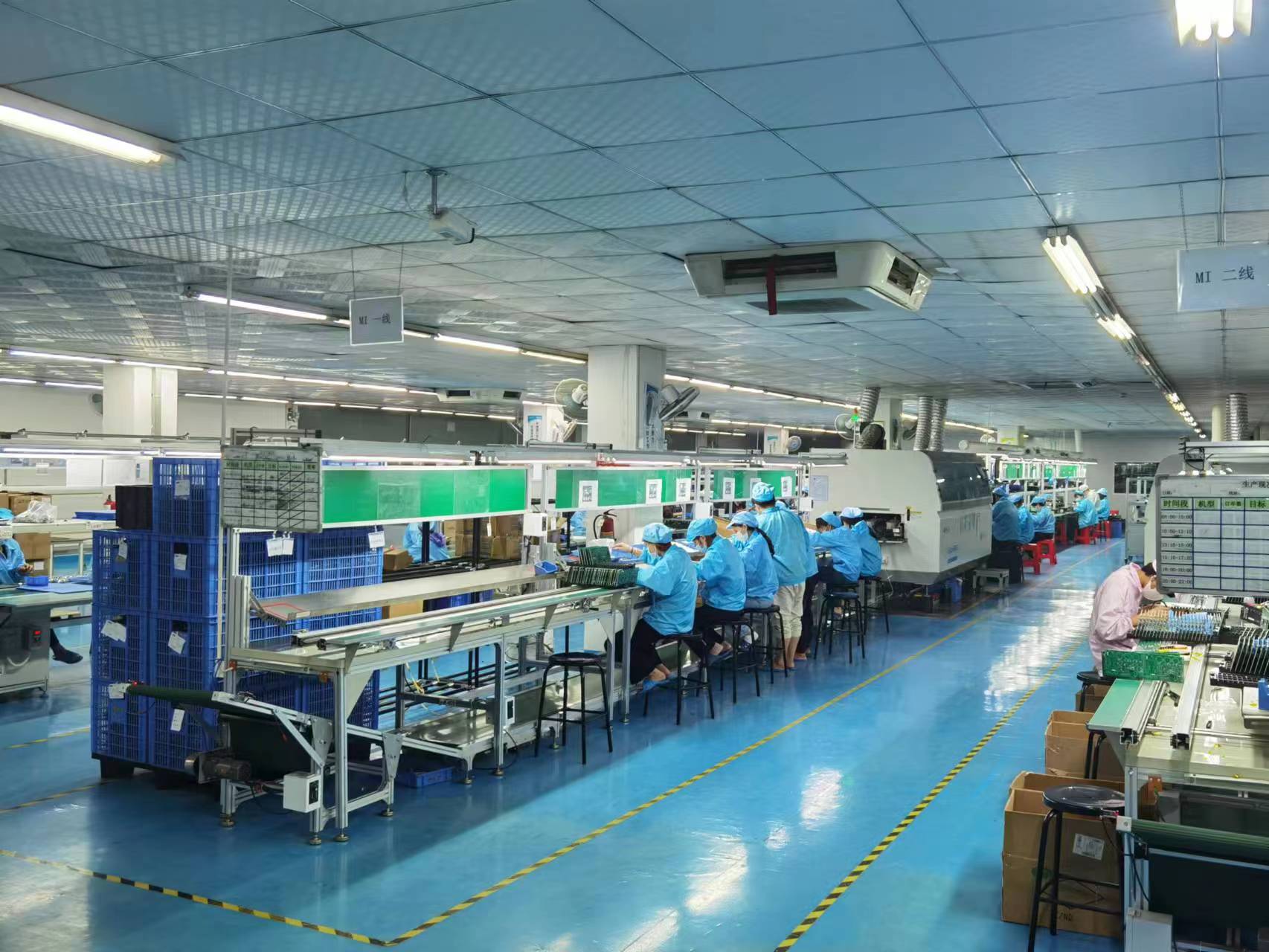Many young entrepreneurial teams aspire to operate with minimal capital, ensuring profitability and easy cost management. Companies like the renowned BAT (Baidu, Alibaba, Tencent), Google, Facebook, and Apple exemplify this asset-light approach.
After refining a product to meet market standards, the inevitable challenge arises: production. Young startups often turn to outsourcing manufacturing, allowing them to focus on product development, brand promotion, and channel building, while leaving manufacturing to traditional industries.
However, navigating the outsourcing landscape can be daunting. Established manufacturers may overlook startups, while smaller ones may struggle with quality control or lack understanding of innovative product categories. After careful consideration, a startup may reluctantly partner with a smaller factory, only to encounter cultural and operational differences during the initial stages. Disagreements may arise over processes and principles, leading to friction and compromises to move forward.
Despite overcoming initial hurdles, issues with production quality, material procurement, and inefficient processes may surface post-launch. Recognizing the need for better control, some startups opt to establish in-house manufacturing facilities, investing heavily in production personnel from traditional industries.
While this may streamline operations initially, challenges emerge as the market becomes saturated with competitors offering better designs, performance, and pricing. Sales forecasts falter, leading to financial strain, internal inefficiencies, and quality concerns. Supply chain management becomes chaotic, risking paralysis.
Expanding operations to accommodate a growing product line and workforce exacerbates these challenges. With limited market understanding and diverse product offerings, inventory accumulates, leading to waste. Seeking cost efficiencies, startups leverage stronger supply chain networks but encounter the same issues of control and quality.
After a tumultuous journey, startups often realize the necessity of outsourcing production to focus on innovation and marketing. The key lies in finding a reputable manufacturer with established processes and meticulous quality control. Entrusting tooling and production to the manufacturer while maintaining oversight through rigorous testing ensures product integrity.
However, partnerships may face setbacks due to misalignment or unmet expectations. Startups must remain adaptable, and willing to switch partners until finding one capable of resolving production challenges effectively. Eventually, a seamless collaboration with a competent manufacturer equipped with a robust supply chain allows startups to focus solely on innovation and marketing.
In conclusion, the optimal approach for startups involves a strategic balance between innovation and production. Leveraging the expertise of established manufacturers while retaining control over critical aspects ensures sustainable growth and market competitiveness.



